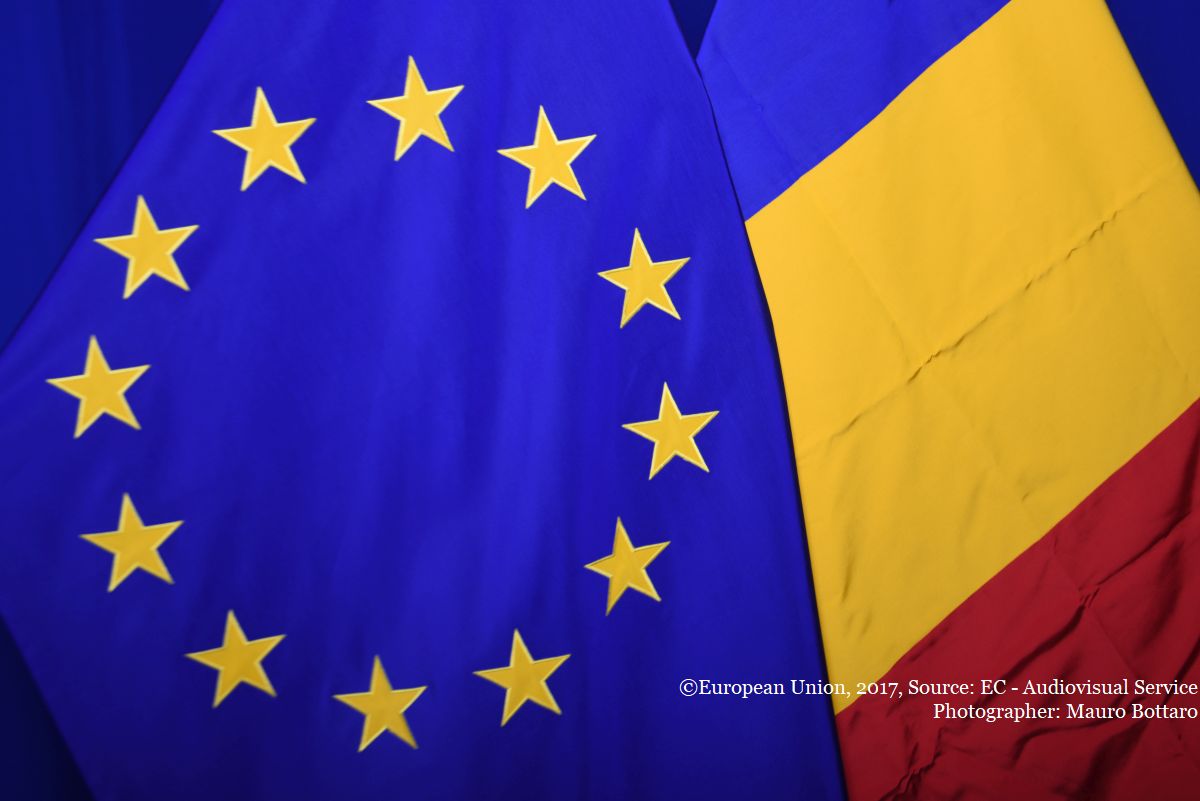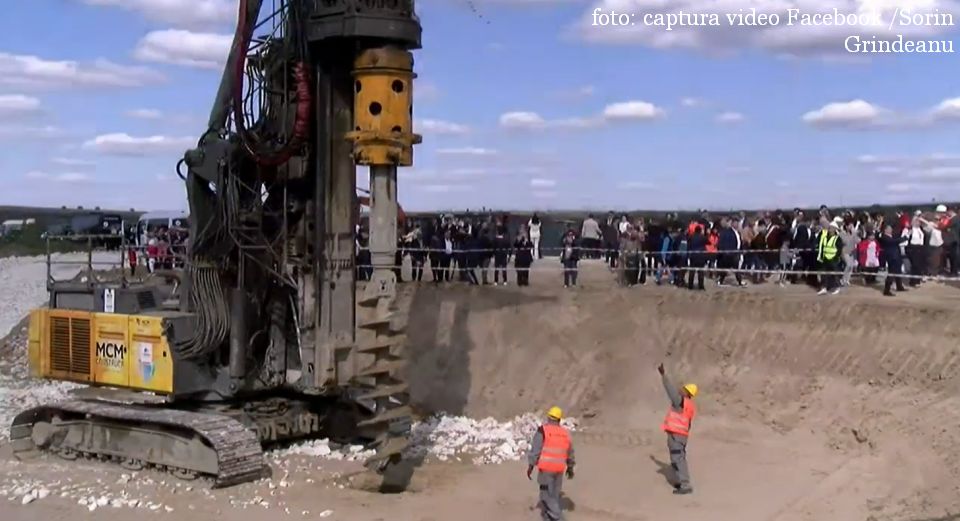Constitutionality and Immunity
The decision whether to arrest the former Social Democrat Minister Dan Sova as part of an investigation into corruption is hanging on the Constitutional Court's ruling on a controversial vote in Parliament.

Valentin Țigău, 27.03.2015, 13:48
After Tuesday’s decision by the Senate of Romania, which turned down a request to place the Social Democrat Senator Dan Sova in custody in a corruption investigation, a number of responses from judicial officials and even the President of Romania suggest that the vote is questionable and the Constitutional Court needs to rule on its validity. The National Anti-Corruption Directorate had requested the Senators’ approval for taking Dan Sova into custody. He is suspected of having falsified and destroyed evidence in order to avoid prosecution for illegally cashing in three and a half million lei from the Turceni and Rovinari energy companies.
Although most of the Senators attending the meeting voted in favour of the arrest, the request was denied, on grounds that not enough MPs had attended. The decision was immediately challenged, first by the chief prosecutor of the National Anti-Corruption Directorate, Laura Codruta Kovesi, who called on the Higher Council of Magistrates to notify the Constitutional Court that a legislative authority has hindered a judicial proceeding. She mentioned a 2008 Constitutional Court ruling, under which requests for Parliament to approve the arrest or taking into custody of an MP are approved by the majority of the members attending the meeting.
The Senate Speaker, Calin Popescu Tariceanu, argues however that in this case the Senate’s rules of procedure apply, which have never been subject to Constitutional Court approval. Under Parliament’s rules of procedure, Senate decisions require a majority vote of the total number of Senators, whether attending the meeting or not. The President of Romania Klaus Iohannis got involved in the dispute as well. He requested the Constitutional Court to look into this constitutional conflict between the judicial and the legislative authorities, after Parliament failed to bring its rules in line with the Constitution.
The Court has already announced it would pass a ruling on the matter on April the 8th. Meanwhile, criticism against the controversial vote is coming both from the Opposition, most notably from the National Liberal Party, and from the embassies of the US, Great Britain and the Netherlands, which closely monitor the handling of corruption cases in Romania.






























